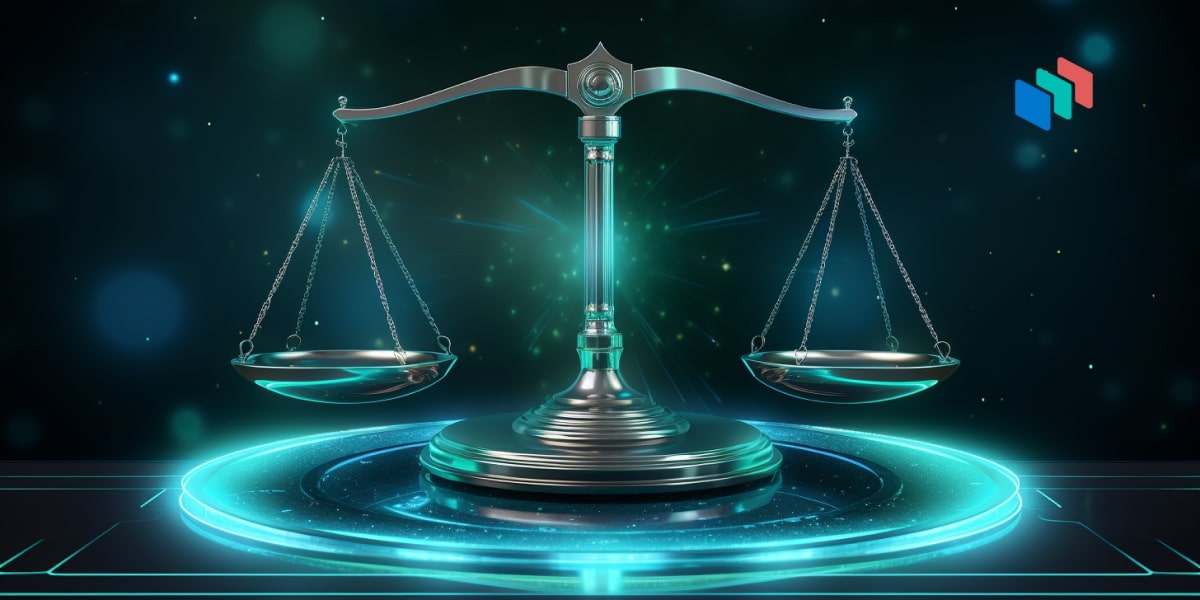What Does Computational Linguistics Mean?
Computational linguistics involves looking at the ways that a machine would treat natural language, or in other words, dealing with or constructing models for language that can allow for goals such as accurate machine translation of language, or the simulation of artificial intelligence.
Techopedia Explains Computational Linguistics
Generally, computational linguistics involves looking at the nature of a language, its morphology, syntax, and dynamic use, and drawing any possible useful models from this observation in order to help machines to handle language. Experts point out that the evolving models for computational linguistics are much more difficult than the uses to which computers were first applied, namely, the handling of quantitative data.
Practical applications of computational linguistics include text-to-speech software, which attempts to understand what someone is saying in order to translate it into digital text. There are also various models that have been worked out that allow for using machines to understand how language is acquired. However, the end goal of enabling machines to really simulate human linguistic responses that go along with "higher-level thought" has been a continuing evolution that still leaves a lot of room for improvement. One theory is that machines will eventually acquire the ability to simulate real human conversation, and with it, will become generally more intelligent through heuristic models and other processes that go far beyond the mere acquisition of data and quantitative computations of that data.





